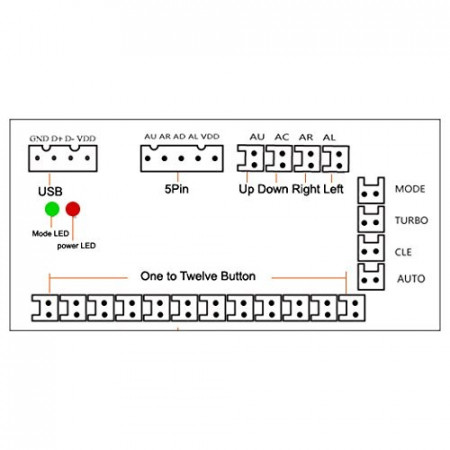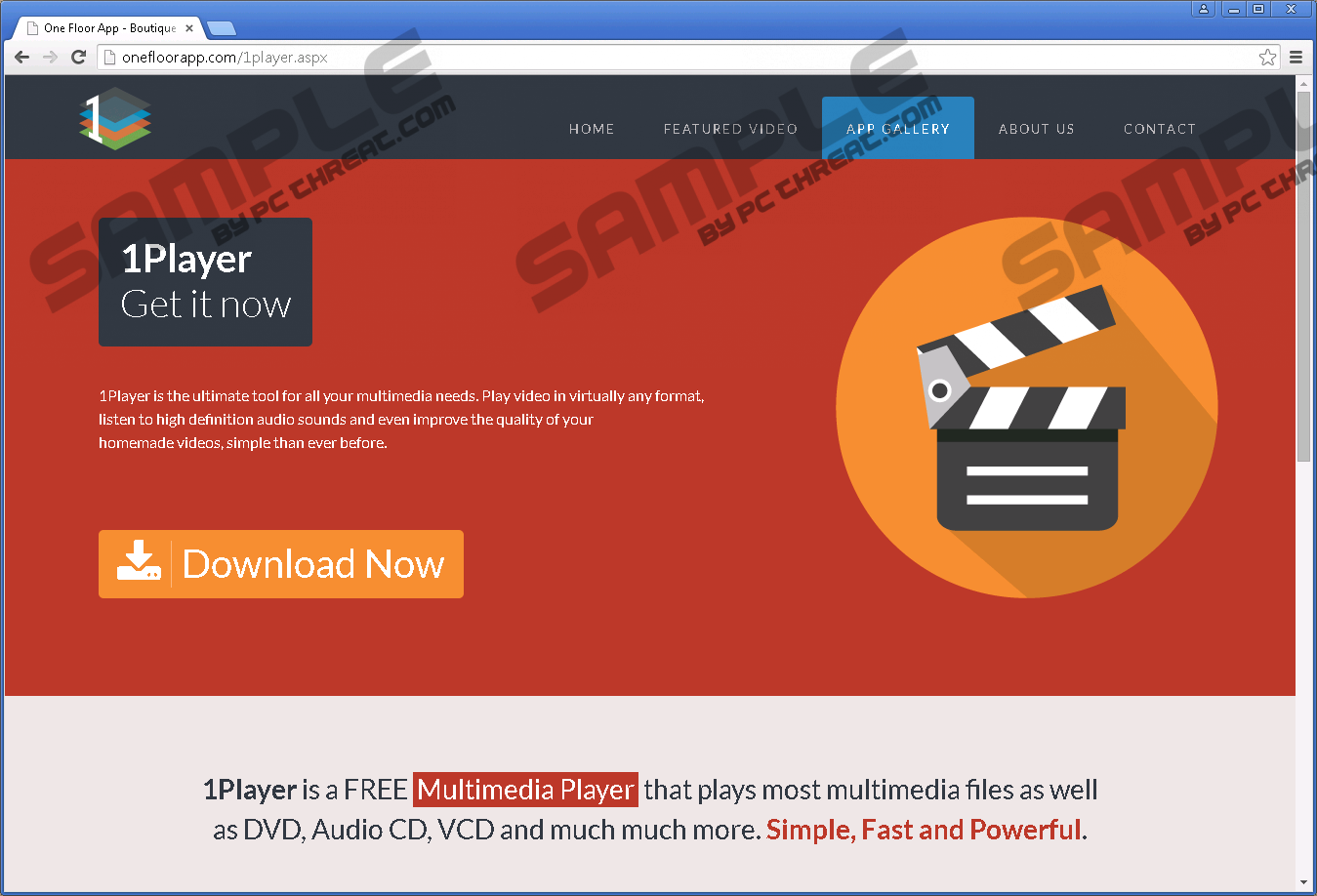

When the big picture revealed itself, it felt more like a surprising plot twist than the satisfying click of everything finally making sense.Įven so, the written descriptions and dialogue paint an atmospheric story and help create nuance around the mostly static image visuals. New pieces of information dropped into my lap at regular intervals, but I never really felt like a detective putting all the pieces together.

But I can’t say I ever felt like I was solving a mystery. I like the limited scope and tight narrative constraints that are on offer. The entire affair unfolds through written text set below art of the characters and locales within the Repository. Along the way, you meet a handful of other characters, or “Programs” in the vernacular, and make choices that will affect how each feels about you and how receptive they might be to your inquiry. The entire story unfolds within an extensive repository of information on “the Grid,” and it’s up to you to solve the mystery of a strange explosion and possible theft that occurred there. Tron: Identity is comparable to a classic noir detective story, presuming your investigator lived in a computer, wore a disc that contained his memories, and was constantly surrounded by pulsing colored lights. However, despite a valiant attempt at a fresh take, this bite-sized release falls short in some key areas.

The novelty alone is worth some enthusiasm. With Tron: Identity, Bithell Games takes the venerable Tron franchise and tries something entirely different – a visual novel with a light touch of puzzle gameplay. Too often, licensed games hew too close to established characters or scenarios, and those beloved fictional frameworks are never given a chance to grow. Taking established fictional universes in new directions is an idea we should all be behind.


 0 kommentar(er)
0 kommentar(er)
